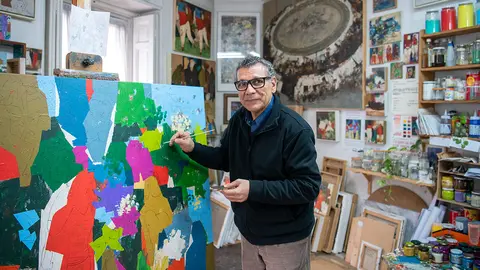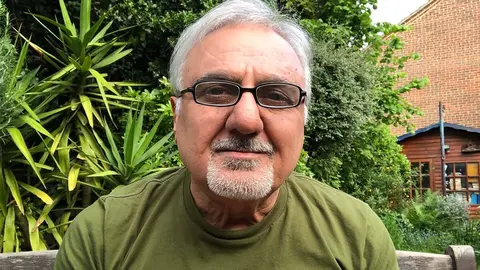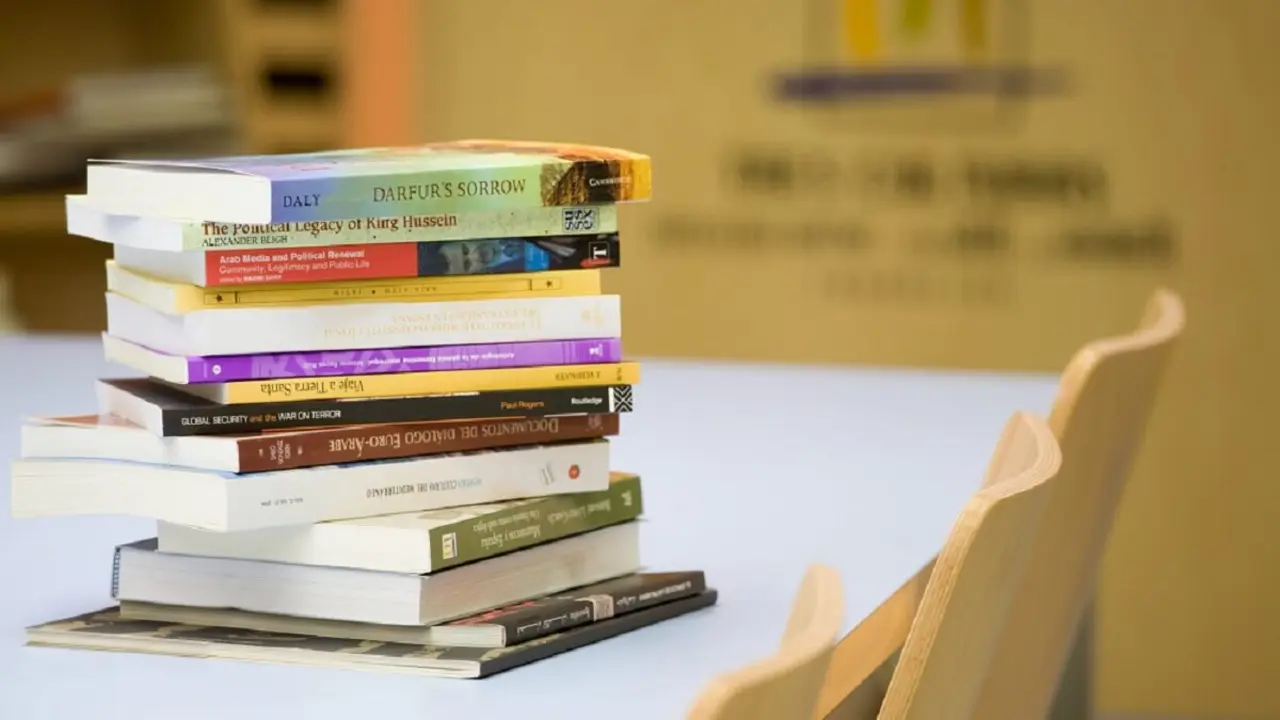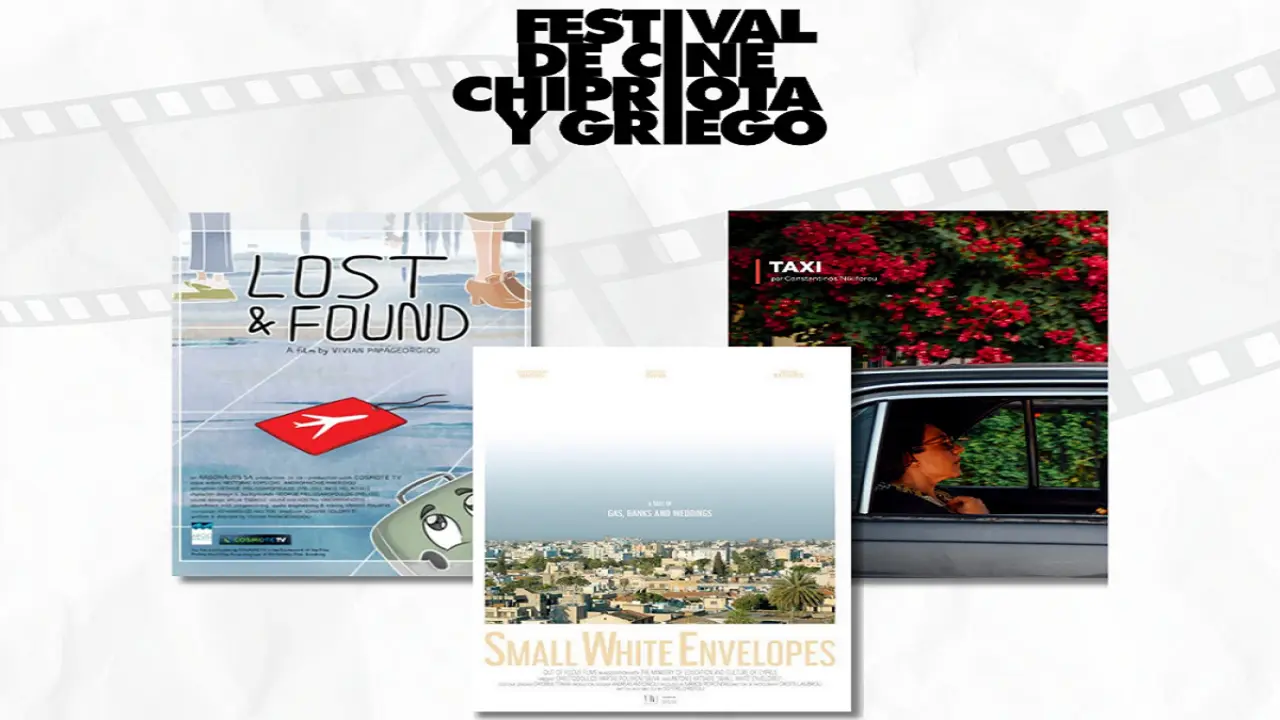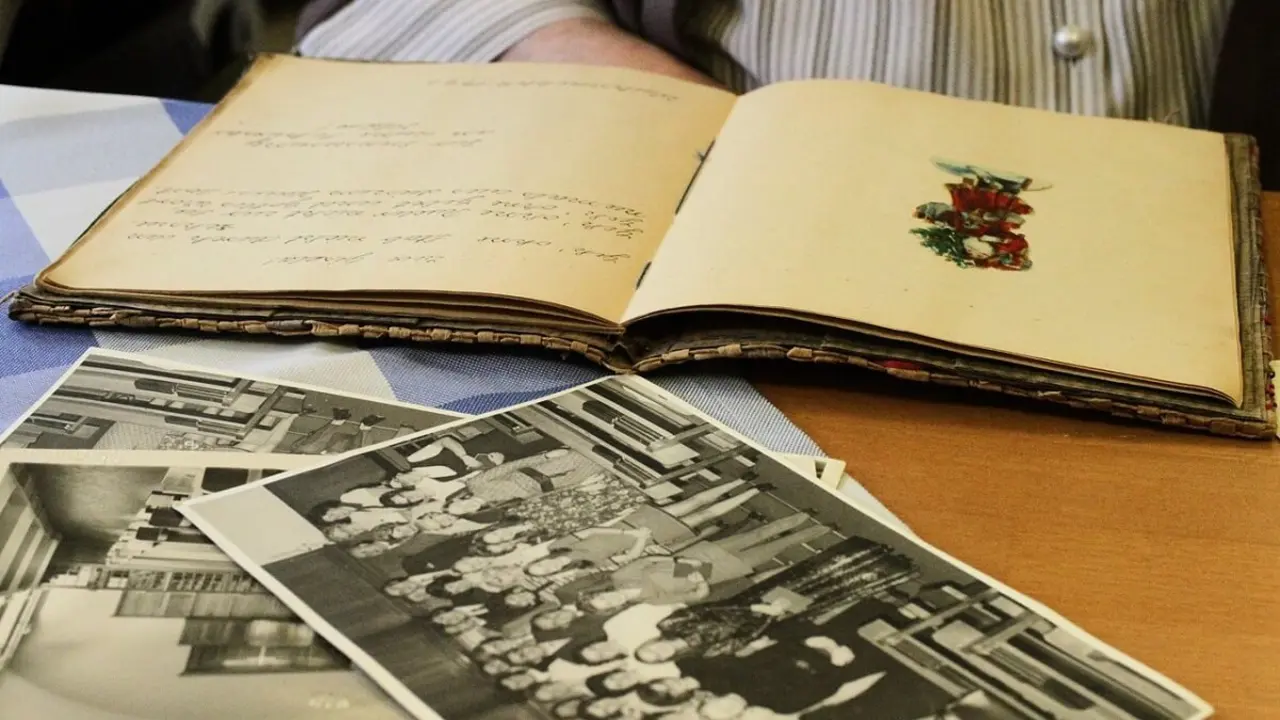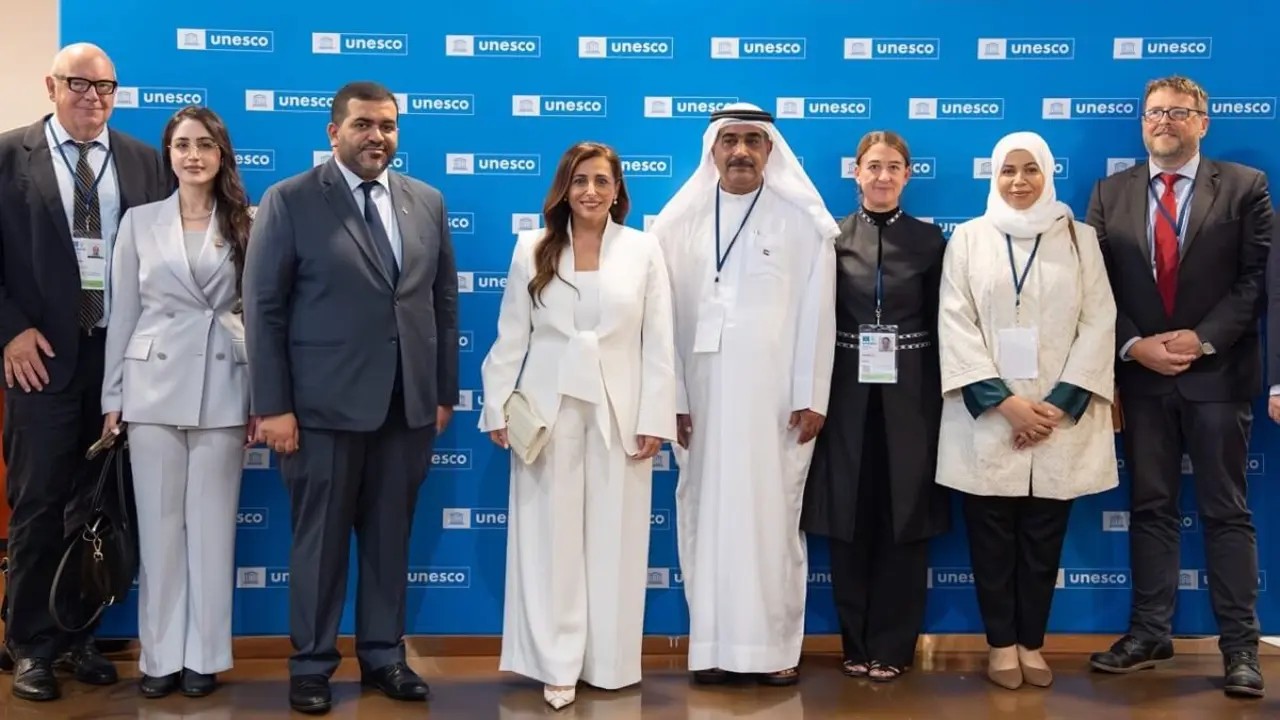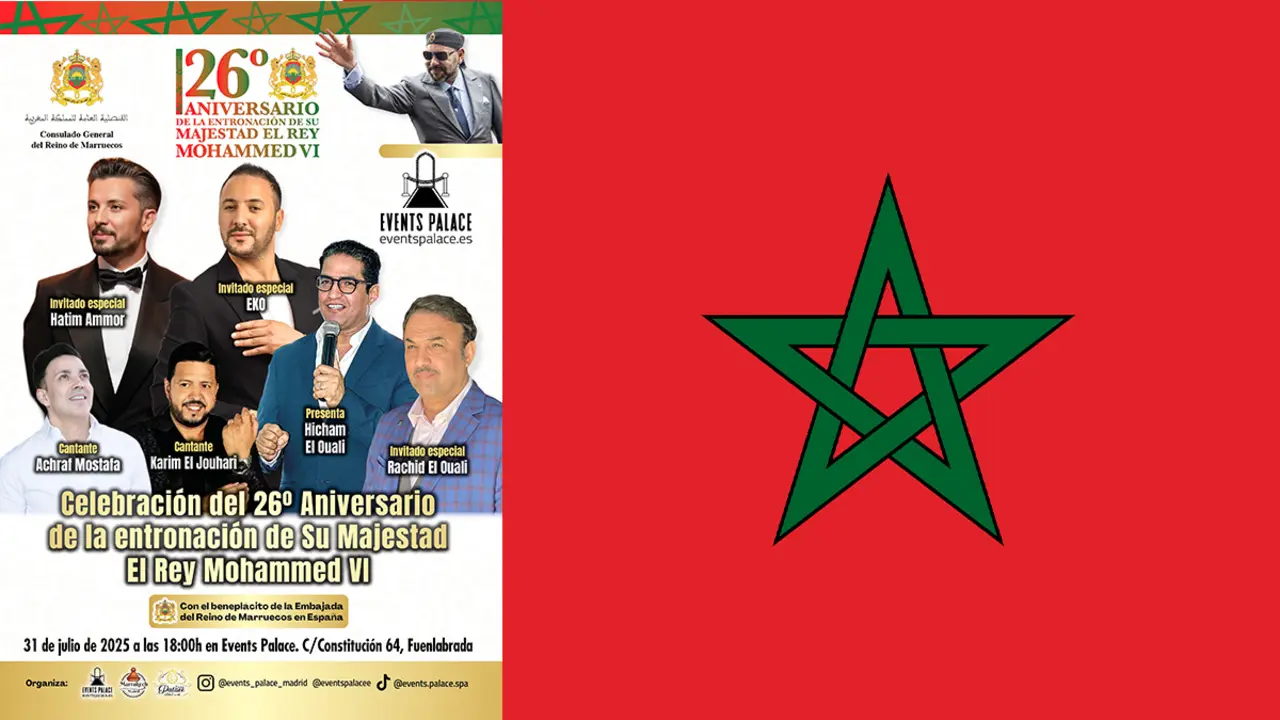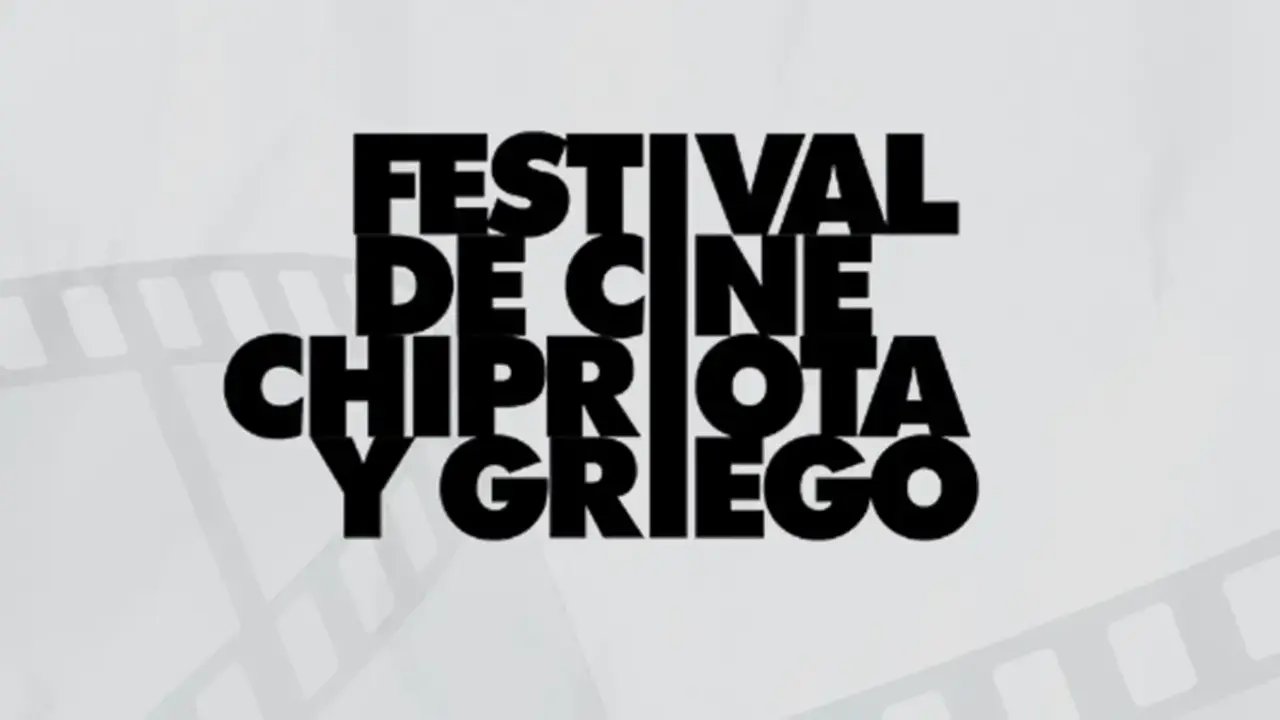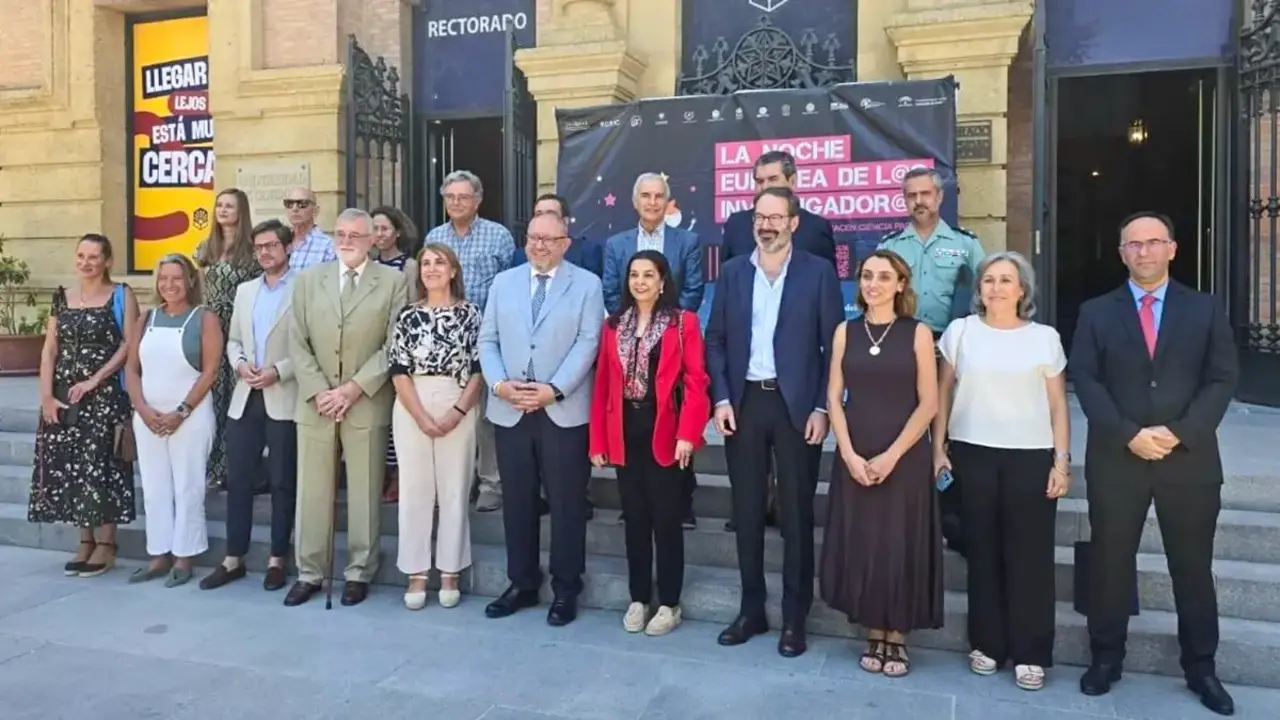Ounsi El-Hage, from absolute negation to a banquet of contradictions
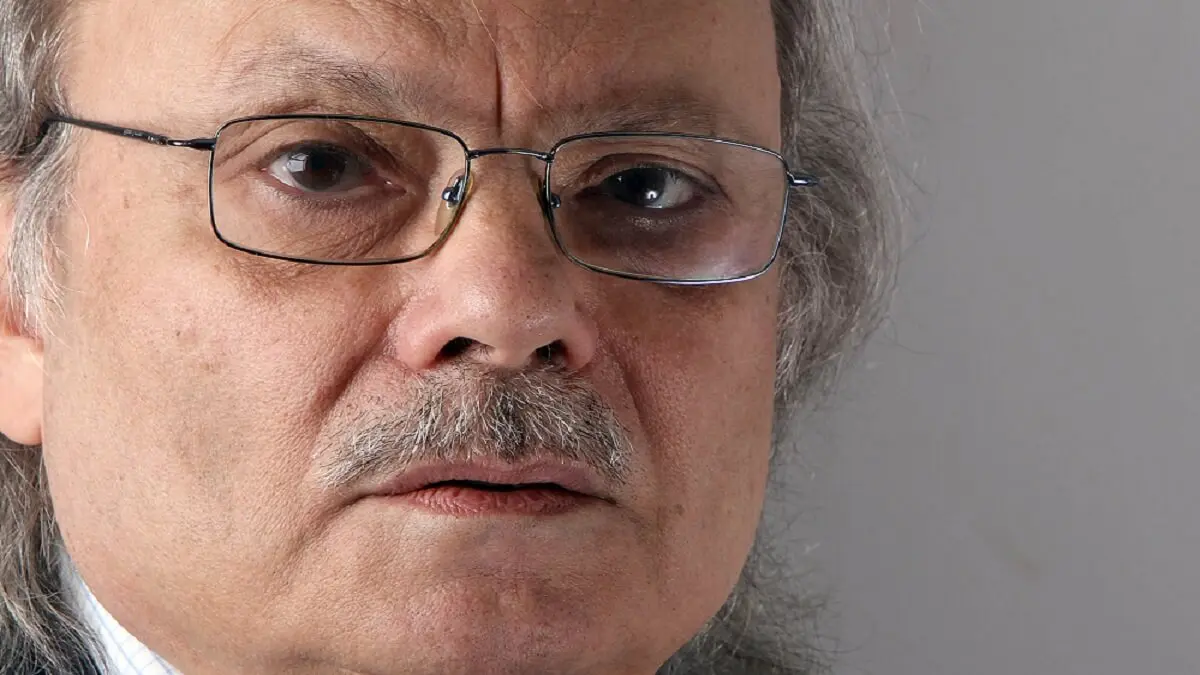
"When I exploited my forms and found my expression, I tried to establish a kind of balance between what I wanted to say and how to say it".
Ounsi El-Hage
In 1960, in his early twenties, Ounsi El-Hage surprised the Arab public with the publication of his first collection of poems: "Lan (Never)", considered by contemporary Arab critics to be the first collection of prose poems in the Arabic language. With the terse and emphatic name of an Arabic particle of negation of the future, the poet wanted to express his firm rejection of poetic tradition in order to give free rein to new experiments and sensations, and to make a decisive contribution to changing the course of Arabic poetry.
In the book's foreword he sets out his manifesto in favour of the prose poem (qasidat an-nathr) - a form of writing that is new in the Arab poetic scene - which arose from the need to adapt to new Western poetic currents, taking French poetry as a reference point. He considers the prose poem an "independent genre" (nawʽ mustaqill), and to his initial question: "Is a poem (qasida) possible from prose?" he answers in the affirmative, provided that the elements of prose are used for a purely poetic purpose.
Ounsi El-Hage makes the prose poem the emblem of an absolute freedom, born of a will to revolt against tradition (taqlid), against all the formal shackles that shackle the poet and prevent him from moving forward, exploring the unknown and creating an individual language to express new poetic emotions.
Throughout his life he devoted himself to writing, his only weapon to realise his sincere desires for literary and social change, knowing that his was an arduous task because he was addressing a traditional Arab audience, conditioned by a fixed prosody and poetic art, unwilling to accept the radical poetic change of the prose poem, controversial over the years, even considered by some Arab poets and critics as a betrayal of the spirit and authenticity of Arabic poetry, but paradoxically predominant today.
As a journalist, literary critic and poet, Ounsi El-Hage was actively involved in the development of the Lebanese avant-garde magazine Shiʽr (Poetry) (1957-1969), founded by Yusuf Al-Khal, to which Adonis and other prominent poets of the time also contributed. Although the magazine did not last long, it marked a new stage in the history of contemporary Arabic poetry, placing it on an equal footing with European and world poetry.
Ounsi El-Hage's integrity and consistency kept him closely associated with the journal's trajectory and its original spirit. In addition to publishing his own literary creations and articles of literary criticism, he made known, through his superb translations, outstanding Western authors such as Kateb Yacine, André Breton, Antonin Arnaud, Shakespeare, Strindberg, Dürrenmatt, Ionesco, Camus, Brecht and Arrabal.
Born on 27 July 1937 in southern Lebanon, he was the son of the journalist and translator Louis El-Hage and Marie Akl, who died when he was seven years old, a loss that left a wound that ran through his life and his work. In his own words, "at first I was reserved and solitary. All I remember are brief moments of this period: a child occupied with his own thoughts and inner voices... a child loved and at the same time consumed by fears".
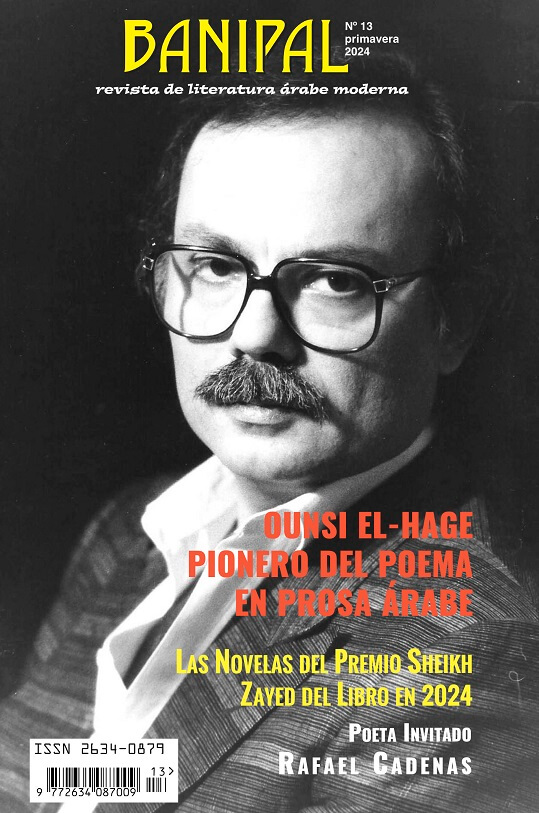
He studied at the Lycée français, then at the Maronite Al-Hikma (Wisdom) Institute. He began publishing short stories, essays and poems in literary magazines as early as 1954, when he was still a high school student, and became a professional journalist in 1956, as head of the literary page of the daily Al-Hayat. He then served for years as editor of the newspaper An-Nahar, where he was editor-in-chief until 2003 and then became an advisor to the editorial board.
In 1964 he founded the poetry magazine Al-Mallaq as a cultural supplement to An-Nahar, which was distributed weekly, and in which he cooperated with Shawqi Abi Shakra until 1974. He was also editor-in-chief of other publications, including Al-Hasnaa, Al-Akhbar, and An-Nahar al-Arabi wa al-Dawli.
He also played a major role in the development of Lebanese avant-garde theatre, adapting plays by great Western playwrights into Arabic, which have been performed by the modern acting school (Baalbek festival), as well as by various theatre directors.
His literary output includes the collections of poems: 'Lan' (1960), in which he claims the freedom to express 'intimate pains' (al-awja' al-shakhshiyya), a prodigious inner experience that is maintained throughout his poetic work. The poems are characterised by their uniqueness and their tone of rejection, which made them shocking and provocative for those unfamiliar with this form of poetry, which transcends rhyme and metre to broader horizons never before contemplated.
In the following collection of poems, "La cabeza cortada" (1963), he maintains the thematic and formal rebellion, to lean more towards the theme of love in "El pasado de los días venideros" (1965), which he continues in a more passionate way in "¿Qué has hecho con el oro, qué has hecho con la rosa?" (1970). In the long poem "La mensajera de pelo largo hasta los manantiales", which occupies the entire collection of poems of the same title, published in 1975, the woman takes on a special role, impregnated with a redemptive spirituality.
After almost twenty years of silence, the collection of poems "The Banquet" (1994) reflects the intense pain caused by the Lebanese tragedy as a result of the civil war and the Israeli invasion. On the edge of the abyss, contemplating the clouds, the poet unravels deep and painful contradictions and reflections on death and the absurdity of existence.
He has also published a three-volume book of essays entitled "Palabras, palabras, palabras", and another three-volume book of philosophical reflections and aphorisms entitled "Anillos".
Some of his poems have been translated into several languages, but his work has been scarcely disseminated in Spanish, and to date there is no anthology or collection of poems published by this magnificent poet, one of the most important figures in contemporary Arab poetry, who died on 18 February 2014.
María Luisa Prieto holds a degree and doctorate in Arabic Philology from the Universidad Autónoma de Madrid, with an extraordinary prize for her degree and doctorate. She is currently a lecturer in Arabic Language and Literature at the Complutense University of Madrid. She has carried out numerous research projects in the field of contemporary Arabic literature and has published more than thirty literary works translated from Arabic, most of them by Nobel prize-winner Naguib Mahfuz, and also by other authors such as Mahmoud Darwish, Nizar Qabbani, Adonis, Jabra Ibrahim Jabra, Gassan Kanafani and Hanan al-Shaykh.

